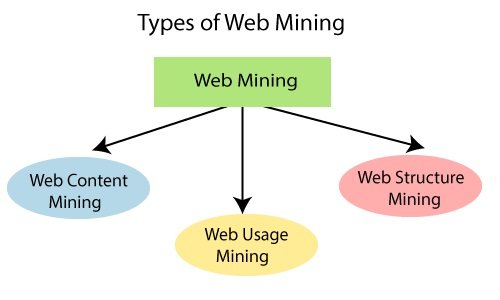What Is Parasitic Computing?

Parasitic computing is a type of computing in which an unrelated application or service runs on top of or as a component of another application or service. Parasitic applications can consume less resources and thereby extend the life of other applications, increase overall throughput, and improve response time casino australia .
Table of Contents
What is Parasitic Computing?
A parasitic computer is a computer that consumes or wastes resources of another computer to achieve its goals. Parasitic computing can be used for a variety of purposes, such as launching malicious attacks, data theft, or gathering sensitive information.
Parasitic computing has been growing in popularity due to its many benefits, such as reducing the workload on other systems and allowing computers to work together more effectively.
How Parasitic Computing Works
This is a computing model that exploits the resources available on other systems to achieve its goals. Parasitic computing can be used to improve system performance, or to extend the capabilities of a system without requiring any additional infrastructure.
One example of parasitic computing is using a remote server to perform calculations for a computer that is not equipped with an appropriate processor. By using the remote server, the computer can still access the Internet and other resources, allowing it to complete the calculation faster than if it were performing the calculation locally.
This can also be used to extend the capabilities of a system without requiring any additional infrastructure. For example, a mobile phone can be used to access the Internet, allowing it to perform calculations that would be impossible or very slow on a regular computer.
Benefits of Parasitic’s Computing
There are many benefits to parasitic computing, the most obvious of which is that it can help reduce the overall size of a system. Parasitic computing takes advantage of resources that are not typically used by a system, such as idle processors or unused memory, to complete tasks. This allows systems to operate more efficiently and effectively without taking up additional space or resources.
Parasitic computing can also be used to improve security by allowing systems to run tasks on isolated machines without compromising the security of the main system. By running tasks on separate machines, hackers are less likely to be able to access sensitive data or information. Additionally, parasitic computing can be used to speed up processes by using resources that are not usually needed. By taking advantage of unused resources, processes can be completed more quickly and with less strain on the system.
Parasitic computing has many other benefits as well. By taking advantage of unused resources, parasitic systems can be more energy efficient and environmentally friendly. They can also be more cost effective because they do not require additional hardware or software installation. Lastly, by running isolated tasks on separate machines, parasitic systems can improve system responsiveness and performance.
Limitations of Parasitic Computing
There are several limitations of parasitic computing that must be considered when designing and implementing systems that rely on this technology. First, parasitic systems are limited in their ability to scale meilleurs jeux au casino. As the number of nodes participating in a parasitic system increases, the overhead associated with coordinating and communicating between these nodes becomes increasingly burdensome. Second, parasitic systems are not immune to crashes or other unforeseen failures. As a result, these systems may not be able to reliably serve the needs of their users in the event of an unexpected outage. Third, parasitic systems are vulnerable to attack. If an attacker is able to gain access to a large number of nodes participating in a parasitic system, they may be able to manipulate or damage these nodes in order to achieve their goals. Finally, parasitic systems are limited in the types of tasks they can perform. Parasitic systems can only carry out tasks that can be performed by a single node without involving communication between these nodes. As a result, these systems are not well suited for tasks that require multiple nodes working together in unison.












